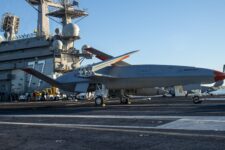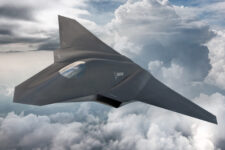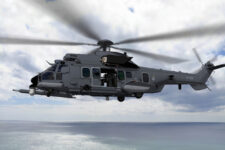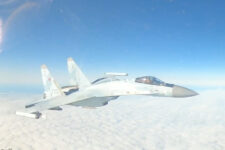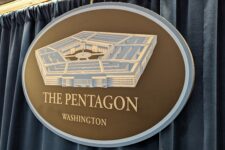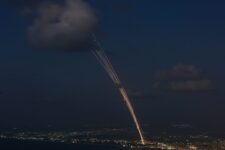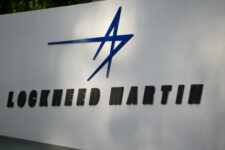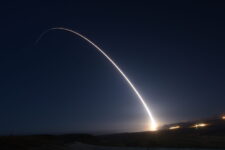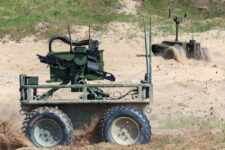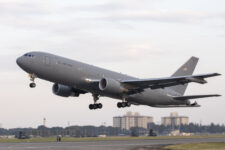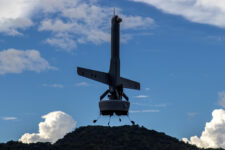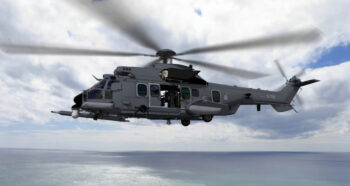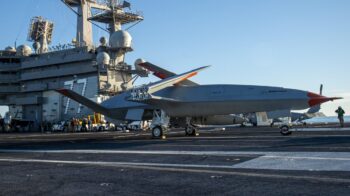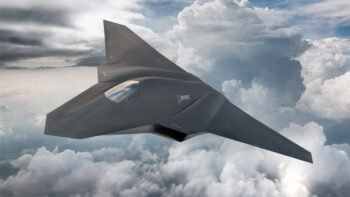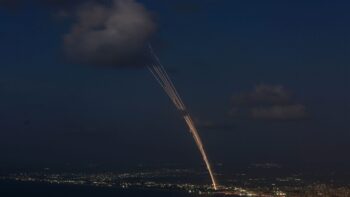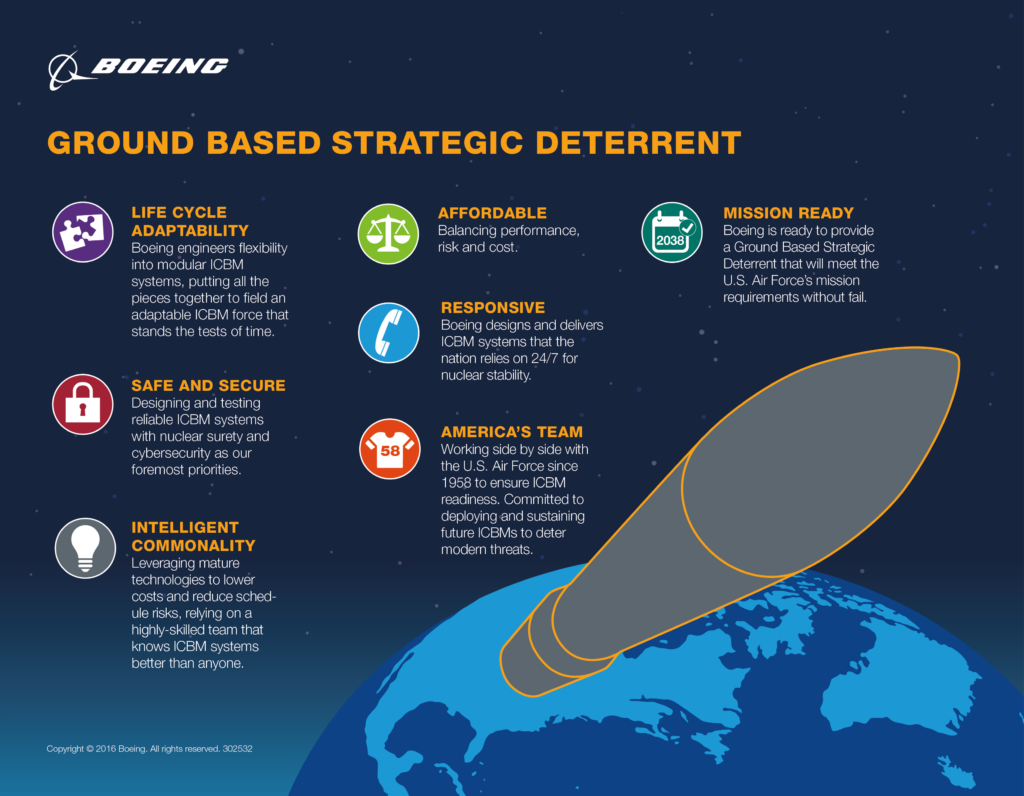
Boeing graphic advocating their offering for the Ground-Based Strategic Deterrent (GBSD) to replace the aging Minuteman III ICBM
WASHINGTON: Boeing’s surprise decision to walk away from the Air Force’s $85 billion competition for new nuclear ICBMs does not indicate either corporate disinterest in the Ground Based Strategic Deterrent (GBSD) program itself or a wider decision to change the direction of its overall business interests, a company spokesman said today.
“No Boeing strategic change should be inferred from this decision,” Boeing spokesman Todd Blecher told me. “This only signals our views about how the GBSD competition is currently structured by the RFP. The GBSD opportunity remains of interest to us and the national security imperative the program will address is one we’ve supported, through the Minuteman programs, for decades. If circumstances were different, our decision could be different.”
Blecher, however, would not be drawn about whether Boeing intends to sue to try to force the Air Force to rejigger the bid process that the company says favors its rival, Northrop Grumman.
According to Boeing’s official statement: “After numerous attempts to resolve concerns within the procurement process, Boeing has informed the Air Force that it will not bid Ground Based Strategic Deterrent (GBSD) Engineering and Manufacturing Development (EMD) under the current acquisition approach. We’ve evaluated these issues extensively, and determined that the current acquisition approach does not provide a level playing field for fair competition.”
A Northrop Grumman spokesman did not return a call requesting comment by press time.
The Air Force issued a request for proposals (RFP) July 16 for the EMD phase of the program to replace the service’s aged Minuteman III missiles. “The GBSD will be designed to be adaptable and responsive to the challenges posed by the pace of technological change and new threat environments,” said Maj. Gen. Shaun Morris, commander of the Air Force Nuclear Weapons Center and the Air Force program executive officer for strategic systems, in the RFP press release.
Northrop Grumman and Boeing have been under contract (totaling about $677 million) since August 2017 to undertake technology maturation.
Boeing’s decision not to bid was first reported by Inside Defense, which explained that company officials had written to Air Force acquisition chief Will Roper on July 8 and July 23 to explain its concerns. These included the fact that Northrop Grumman last year bought Orbital ATK, which builds solid rocket motors and was originally a Boeing supplier.
Under the RFP, the Air Force intended to choose a winner of the EMD phase in “the fourth quarter of fiscal year 2020.” It is unclear whether the Air Force will now stop the process and reconsider the competition, given that Northrop Grumman is now the sole bidder.
A spokesperson for Roper told me this afternoon: “For now, we remain in source selection, so I don’t have anything to add.”
Nor is it clear whether Boeing’s action will slow the overall GBSD modernization plan, for which the Trump Administration has requested $600 million 2020 funds.
While the Senate’s version of the 2020 National Defense Authorization Act (NDAA) would fully fund the program, the House version would cut $103 million from the administration’s request. In a July 9 statement on the House NDAA provisions, the White House argued that “the Air Force is on track to award a contract for the next phase of the GBSD program in FY 2020. This funding reduction would prevent the Air Force from awarding this contract and delay recapitalization of this leg of the nuclear triad.”
A spokesperson for the Senate Armed Services Committee offered this comment: “Chairman [James] Inhofe is very supportive of the Ground Based Strategic Deterrent as a critical part of modernizing our nuclear triad—which, as General [Mark] Milley recently reemphasized to the Senate Armed Services Committee, is a top priority to ensure our national security—and looks forward to seeing the program proceed without delay.”
Milley was confirmed today by the Senate as chairman of the Joint Chiefs of Staff.
Super Puma resurgence provides updraft for Airbus Helicopters annual order growth
“It’s really a strong performance [from the Super Puma], confirming that this helicopter is really well positioned and meeting well the demand of our customers,” said Bruno Even, Airbus Helicopters CEO.
